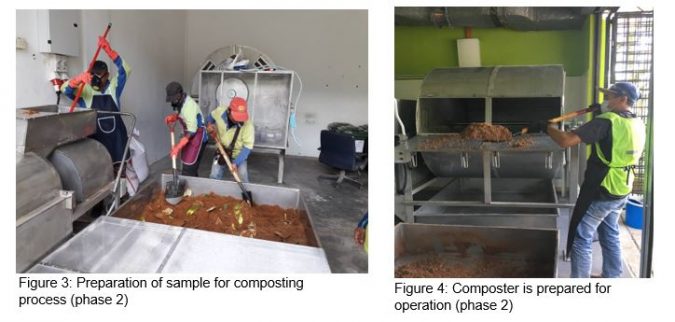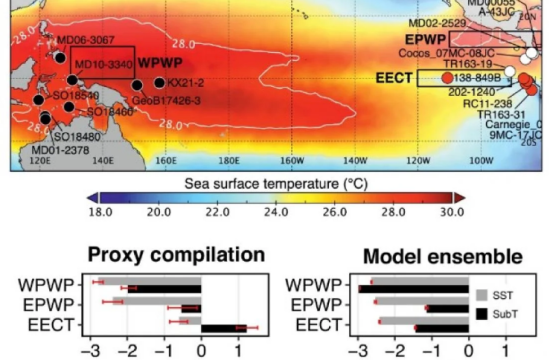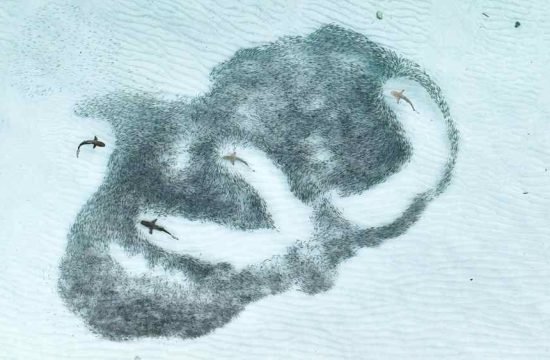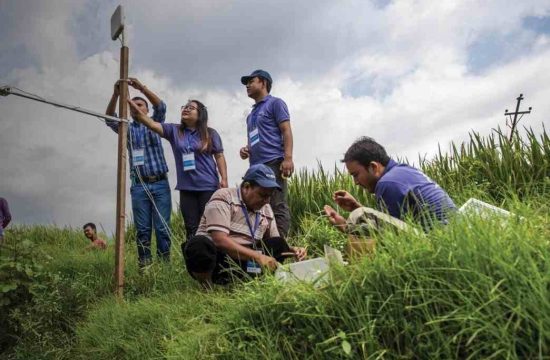
Approximately one third of all food produced, about 1.3 billion tons at an estimated value of US$1 trillion, is thrown away annually by consumers or is spoiled during harvesting and transportation.
In 2020 alone, Malaysia produced about 17,000 tons of food waste, creating a huge challenge for its management and treatment.
High quality biofertilizer can be generated from food waste mixed with microbial super strains.
Researchers, led by Md Zahangir Alam at IIUM’s Bioenvironmental Engineering Research Centre, are working on ways to overcome current issues in food waste composting technologies, which involve long composting times.
The team has found several super strains of microbes containing hydrolytic enzymes that can biodegrade organic matter into a high quality biofertilizer within a period of five days.
The researchers mixed their potential microbes with 50 kilograms of fresh food waste added daily to a 300 kilogram-capacity composter together with coco peat/sawdust over a period of four days. The process produced 2,000 kilograms of biofertilizer in a month. They evaluated the quality of their product and tested it on IIUM’s grounds for garden management, vegetable farming, and in paddy crops.
Malaysians use about 1.5 million tons a year of fertilizer, costing billions of ringgit. Biofertilizer could be a good high volume, low cost alternative to chemical fertilizer use in the agricultural sector, especially among small and medium-sized enterprises.
The scientists say their project could be used to compost IIUM food and garden waste, which will help manage local waste and generate a product that can bring in revenue to support operating costs at the university, contributing to the IIUM’s eco-friendly and go green campaign for sustainable development.








